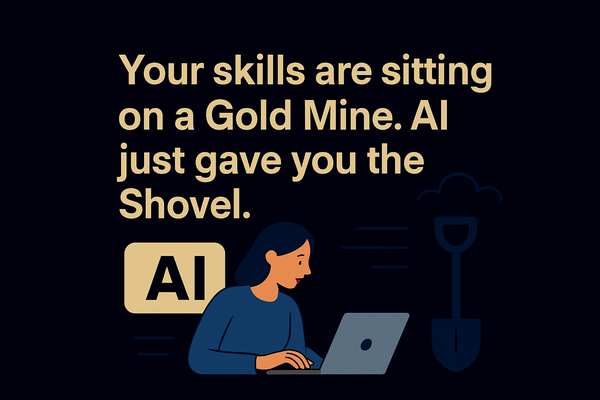This Data Point Triggers Fed Pivot
Weak job growth has the Fed talking rate cuts, and everyone's guessing what's next. Is a recession here? Before you react, understand what this pivot really means for your investments and financial plan.

The market is celebrating bad news. Let that sink in.
U.S. job growth just came in at a paltry 73,000, wildly missing the 110,000 expected. The unemployment rate ticked up to 4.2%. These are not signs of a robust economy.
And the consensus from the financial hive mind? “This is fantastic news!”
The logic, if you can call it that, is that this economic weakness will force the Federal Reserve to cut interest rates. They believe this will unleash a fresh wave of cheap money, sending asset prices to the moon. They’re cheering for the ambulance to arrive without asking why it was called in the first place.
Let’s be brutally clear about what’s happening here. This is like celebrating that you get to cash in your fire insurance policy… because your house is burning to the ground.
The “solution” everyone is so excited about—a Fed pivot—only exists because there is a fundamental problem. A slowing economy. Weakening demand. Job losses. These are the flashing red lights they are choosing to ignore while they place their bets on monetary policy.
The real risk isn't missing a 10% rally built on hope. The real risk is following the herd into leveraged bets right as the economic engine is sputtering.
For a high-earning professional, this isn't a game of guessing Jerome Powell’s next move. It’s a test of your financial foundation. While the crowd gets giddy, you should be asking different questions. How resilient is my primary income? How would my business, or my clients’ budgets, handle a real slowdown?
You cannot control the Fed. You cannot control the jobs report.
You can control your savings rate, your debt levels, and the value you provide in your career. The smartest players aren’t gambling on a rate cut; they’re building balance sheets that make them indifferent to one.
Let them have their rate-cut party. The real pivot that matters isn't the Fed's. It's the one you make from being a spectator to being the architect of your own financial fortress.




